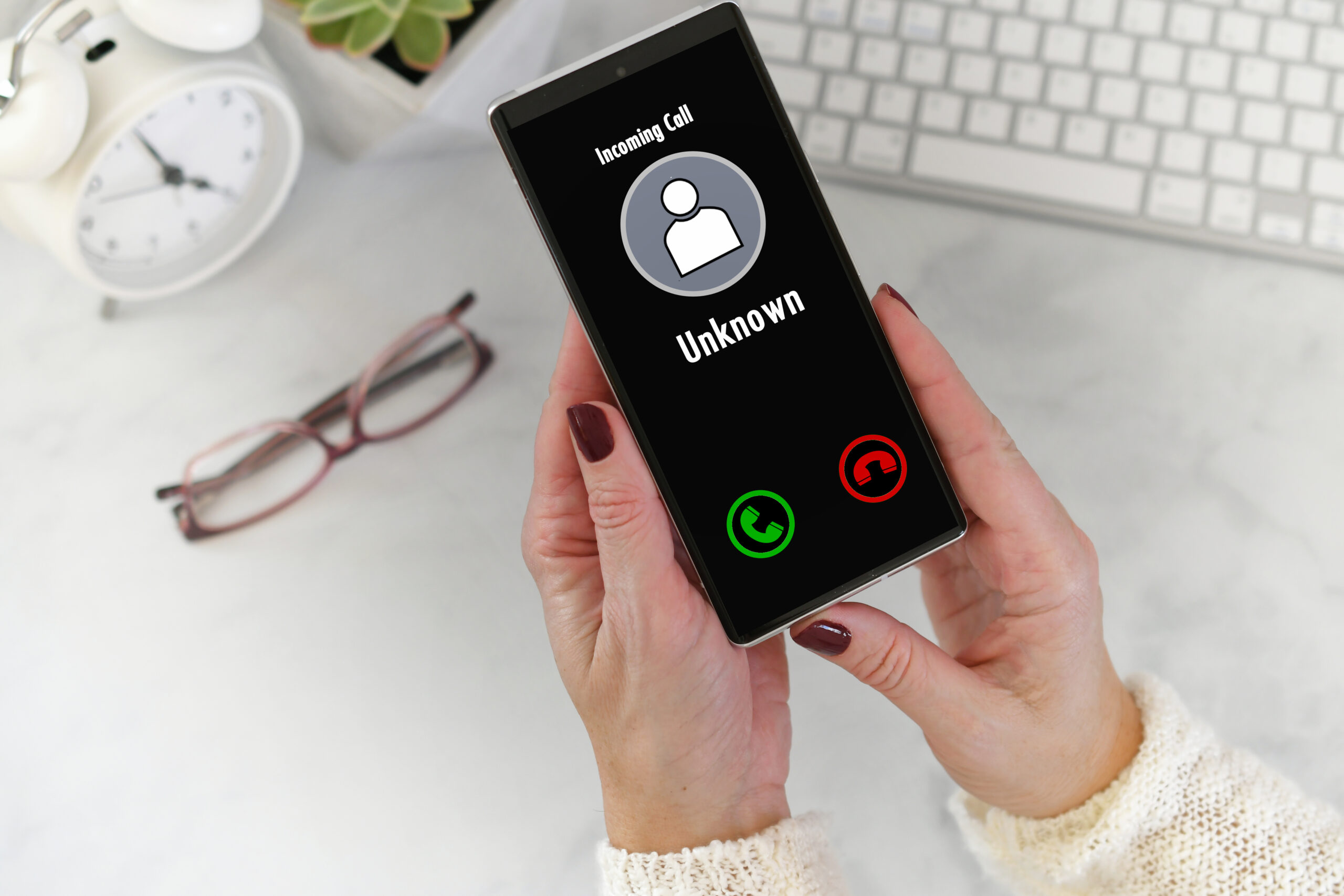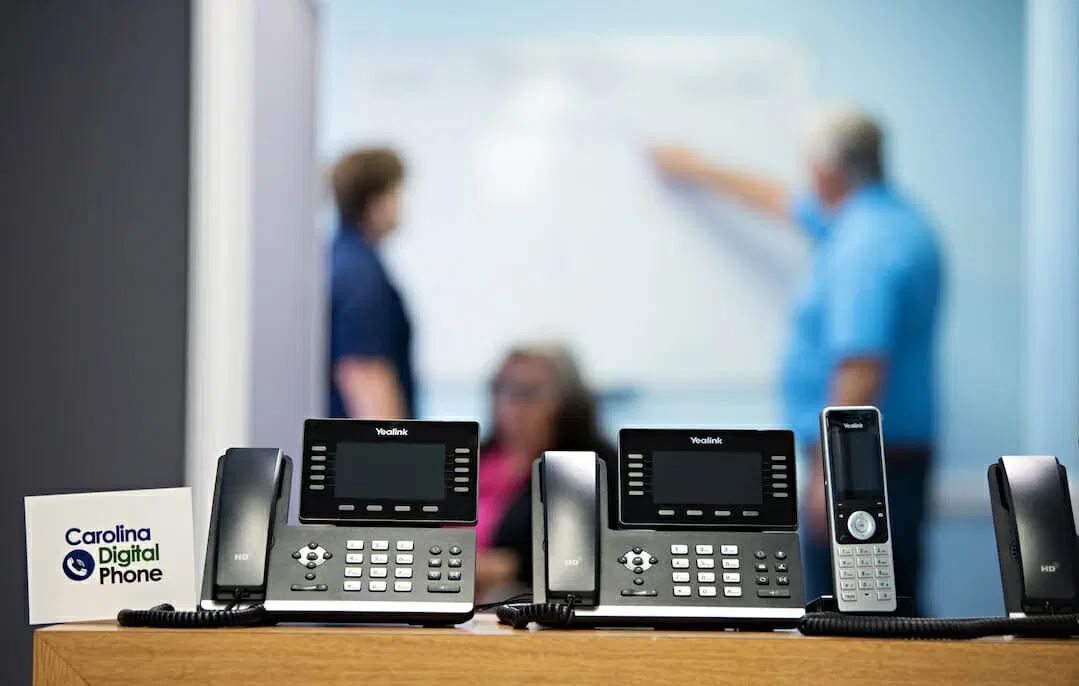The FCC has taken a monumental stand against robocalls by proposing an unprecedented $300 million fine to Cox/Jones Enterprise, the greatest ever imposed on an auto warranty scammer! This action is evidence that the FCC won’t tolerate this type of fraudulent activity and intends to send a powerful message. If approved, this impressive penalty will make it clear that such wrongdoings are unacceptable!
Robocalls Explained
Automated robocalls have been a problem for the past few years due to technological advances, but they are becoming more and more frequent. While some of these calls may be legitimate, others that aim to sell a product without your permission are considered illegal. It is important to stay vigilant against possible scams so you can protect yourself from unwanted solicitations.
Robocalls can be made in a variety of ways; companies rely on autodialers, which are computerized systems that mass-dial phone numbers to market their goods and services. Fraudsters also utilize Voice over Internet Protocol (VoIP) technology to make calls via the internet, as it is more challenging for authorities to pinpoint where the call came from.
Robocalls are not just annoying and intrusive, but can also be illegal when you receive unwanted calls trying to sell something. Safeguard yourself from these unwelcome intrusions with some wise measures such as being on the National Do Not Call Registry, identifying fraudulent calls quickly and learning how to report a robocall if it occurs. Taking the initiative now will help ensure your peace of mind in the future!
Why are Robocalls Such a Nuisance?
Robocalls are persistently used by criminals across the globe to steal billions of dollars from innocent Americans, given their convenience and low cost. The ease of generating robocalls makes them a particularly attractive option for scammers looking to make a quick buck.
The challenge with robocalls is that they utilize VoIP (Voice over Internet Protocol) technology, which makes it virtually impossible for authorities to track and terminate incoming calls as they can be generated from anywhere in the world.
Scammers are always inventing new tactics, so even if you have evaded scams in the past, that might not be true next time. One of the prevalent methods scammers use to deceive people is by manipulating caller ID data so it looks like someone from a legitimate source such as an official body or well-known company is calling.
If you do receive a robocall, the best thing to do is just hang up. Do not engage with the caller, even if they say they are from a legitimate organization. Remember, scammers will say anything to try and trick you into giving them your personal information or money.
With all of this said, it’s important to remember that not all robocalls are scams. There are some companies that use automated calls as part of their customer service or marketing efforts. However, these calls should always give you the option to opt-out of future calls, and you should never be asked for personal information like your Social Security number or credit card number.
FCC Takes Action
The FCC’s proposed $300 million fine against an auto warranty robocall campaign is the largest-ever penalty proposed by the agency over unwanted calls. In the scheme run by two California men, Roy Cox, Jr. and Michael Aaron Jones via their Sumco Panama company and other entities, more than 5 billion apparently illegal robocalls were made to more than half a billion phone numbers during a three-month span in 2021 “using pre-recorded voice calls to press consumers to speak to a ‘warranty specialist’ about extending or reinstating their car’s warranty.”
According to the FCC, the robocalls would typically begin with a message saying that the consumer’s vehicle warranty was about to expire and that they needed to speak to a warranty specialist. If the consumer pressed a key to continue, they would be transferred to a call center where telemarketers would attempt to sell them an extended warranty. The callers allegedly used spoofed caller ID information so that it appeared as if the calls were coming from local car dealerships or from numbers similar to those of the consumer’s own phone number.
The FCC said that the scheme targeted consumers across the country, including many who had previously been on the National Do Not Call Registry. The agency is proposing a fine of $1.32 per call for a total of $300 million, which would be paid by Cox and Jones.
What does this Mean for the Future of Robocalling?
The record-breaking nearly $300 million fine against robocallers is a welcome development for those of us who have been targeted by these illegal calls. It is hoped that the massive fine will send a clear message to potential scammers that their actions will not go unpunished. No doubt, the spammers are already looking for other methods to rip off the public, but we can take some comfort in knowing that the authorities are taking this issue seriously.
It remains to be seen what other steps will be taken to crack down on robocalling, but this fine is a good start. In the meantime, we can all do our part by being vigilant against these scams and reporting any suspicious calls to the authorities.
While the latest ruling against robocall scammers may slow the practice, it is almost certain that the massive fine will not end criminal attempts to separate unsuspecting victims from their money. Americans were bilked out of almost $30 billion in phone scams between 2020 and 2021 according to reports. With the potential gains to be made, criminals will always try to stay one step ahead of the law. It is up to the public to remain vigilant and fight back against these sorts of scams.




